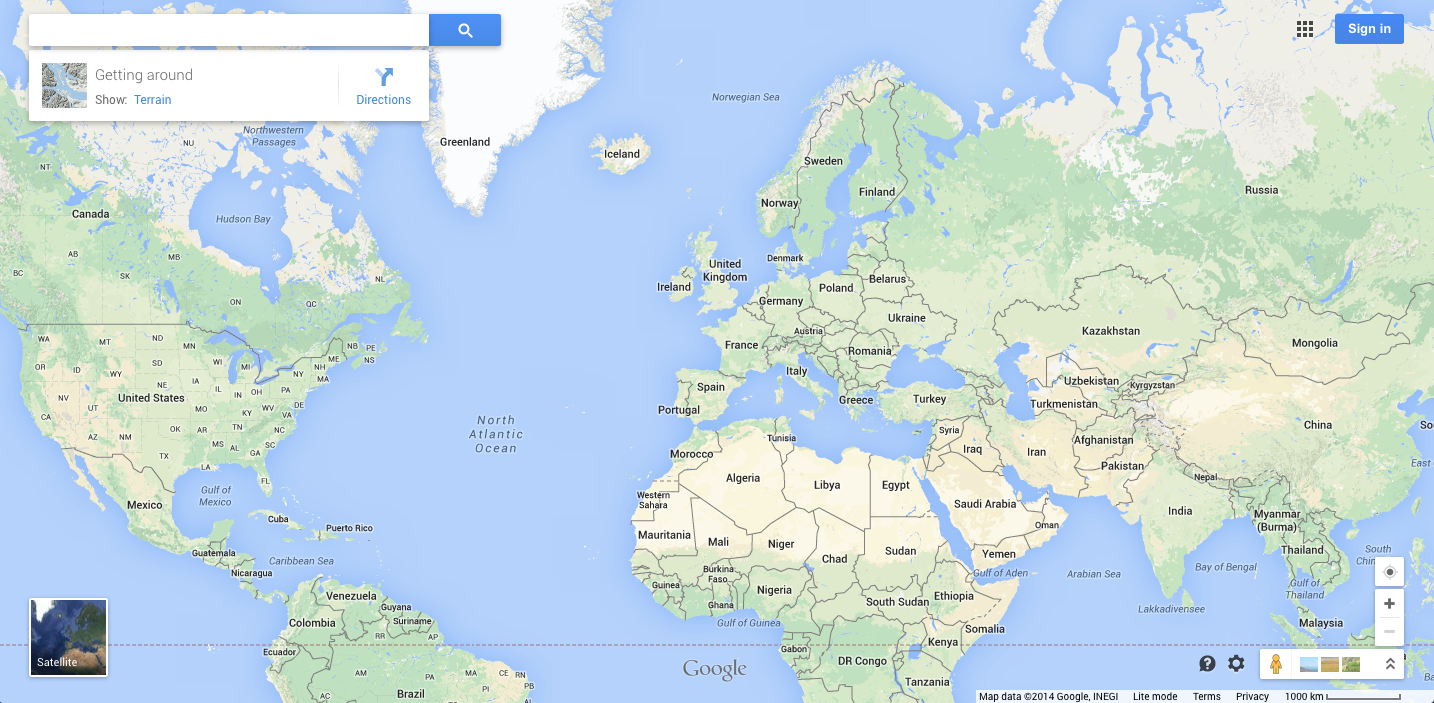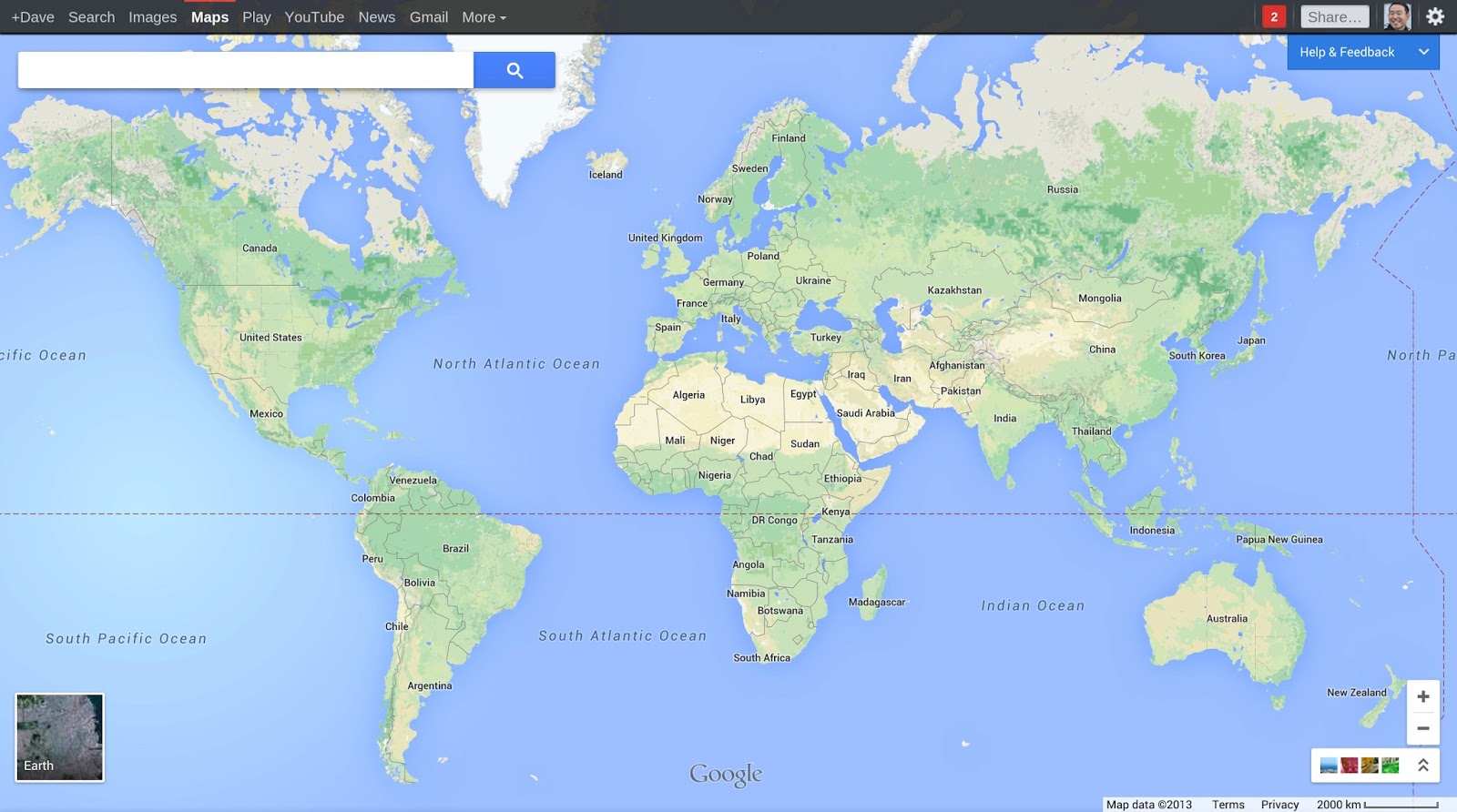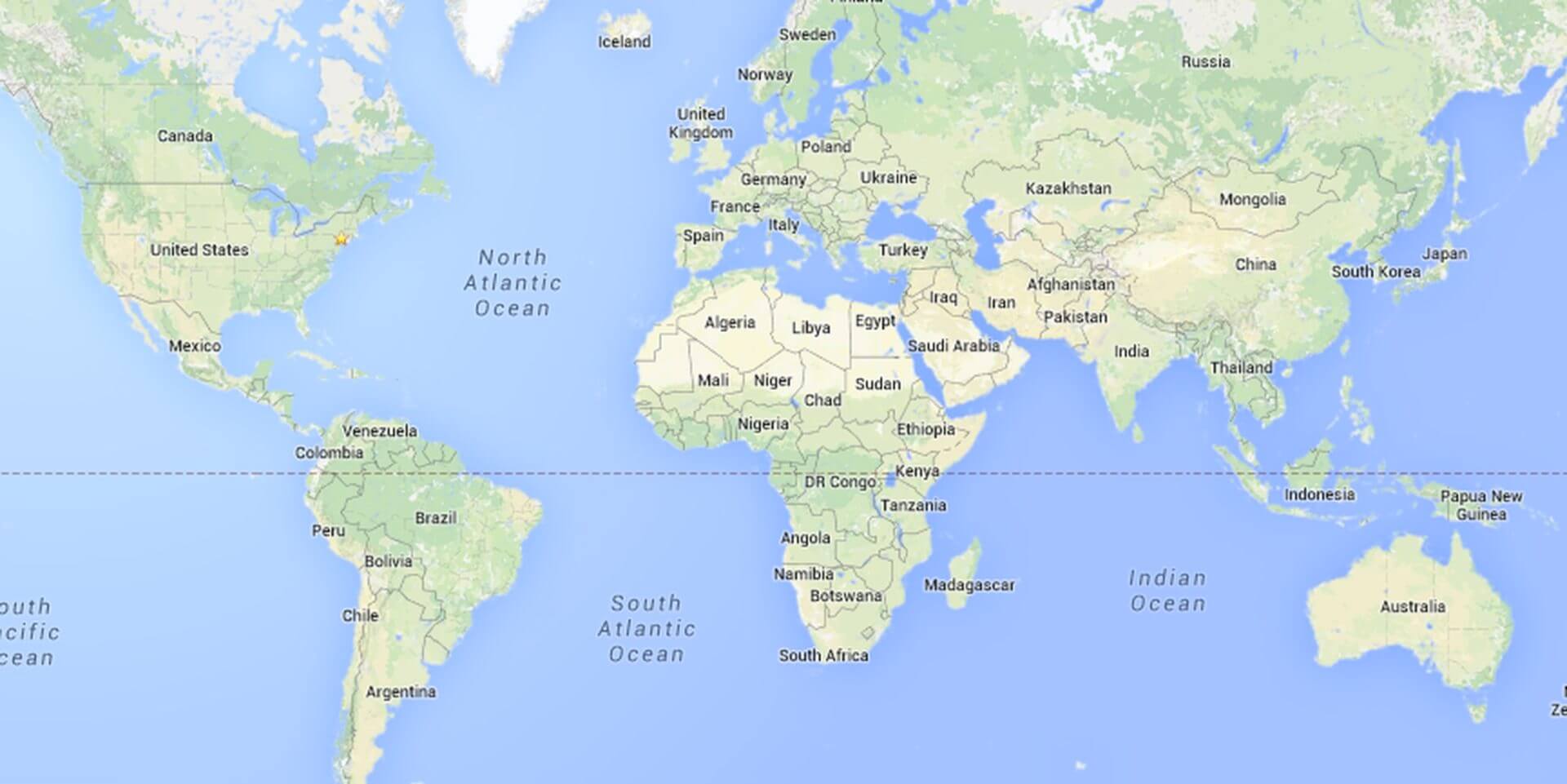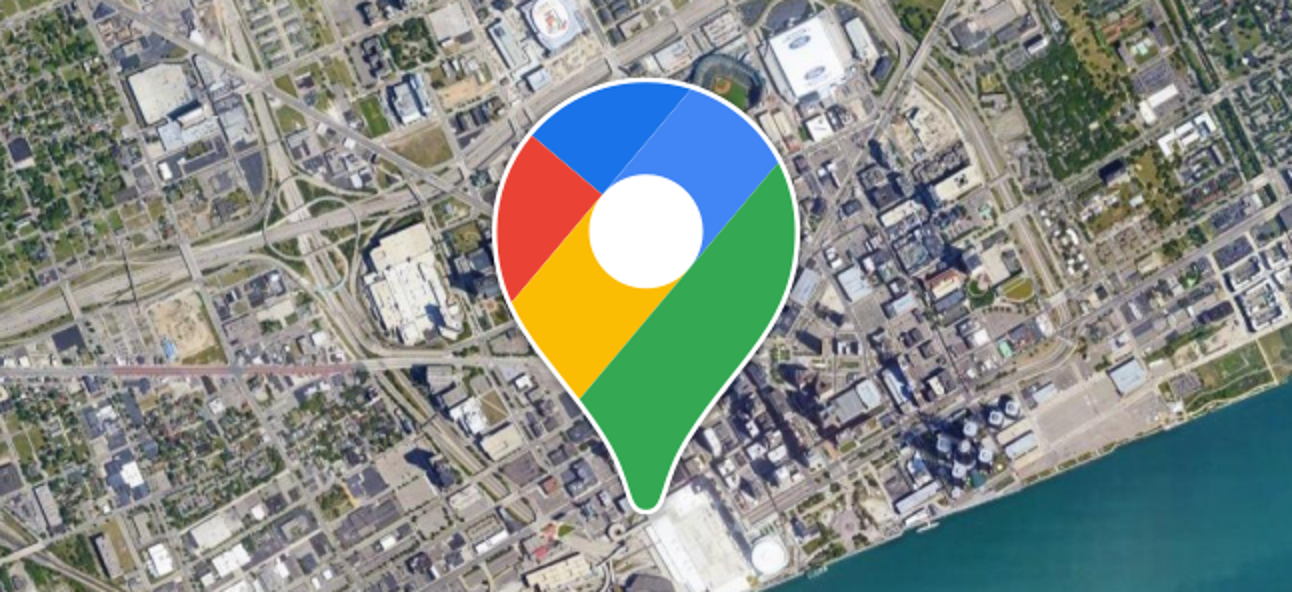Navigating The World Of Information: Exploring The Value Of Google Maps
Navigating the World of Information: Exploring the Value of Google Maps
Related Articles: Navigating the World of Information: Exploring the Value of Google Maps
Introduction
In this auspicious occasion, we are delighted to delve into the intriguing topic related to Navigating the World of Information: Exploring the Value of Google Maps. Let’s weave interesting information and offer fresh perspectives to the readers.
Table of Content
Navigating the World of Information: Exploring the Value of Google Maps

Google Maps, a ubiquitous tool for navigating the physical world, has become an indispensable part of modern life. Its intuitive interface, comprehensive data, and ever-evolving features have transformed the way we travel, explore, and interact with our surroundings. While the service itself is free to use, the value it provides extends far beyond its zero price tag. This article delves into the multifaceted value proposition of Google Maps, highlighting its key features, benefits, and implications.
Understanding the Core Functionality:
Google Maps’ primary function is to provide accurate and detailed maps, enabling users to plan routes, discover places, and gain insights into their surroundings. Its core functionality is built upon a foundation of:
- Global Coverage: Google Maps boasts an extensive database encompassing virtually every corner of the world. This global reach ensures users can access information regardless of their location.
- Real-Time Navigation: Users can navigate in real-time using voice guidance, turn-by-turn instructions, and traffic updates, making it an ideal tool for drivers, cyclists, and pedestrians alike.
- Comprehensive Data: Google Maps integrates a wealth of information beyond just roads and landmarks. This includes business listings, reviews, photos, contact details, opening hours, and even estimated wait times.
- Personalized Recommendations: Utilizing user data and preferences, Google Maps provides personalized recommendations for restaurants, attractions, and other points of interest, tailoring the experience to individual needs.
Beyond Navigation: The Broader Value of Google Maps
Google Maps transcends its basic navigation function, offering a suite of features that empower users with valuable information and services:
- Exploring New Destinations: Google Maps allows users to explore new cities and regions with ease. The "Explore" feature offers curated recommendations based on user interests and location.
- Finding Local Businesses: Google Maps serves as a comprehensive directory for local businesses. Users can search for specific businesses, read reviews, view photos, and access contact information.
- Tracking Location and Sharing Information: Google Maps allows users to share their location with others, facilitating communication and coordination. This feature proves particularly useful for travel, social gatherings, and emergency situations.
- Street View and 360° Views: Google Maps provides virtual tours through Street View and 360° imagery, offering users a realistic perspective of locations before visiting them.
- Offline Maps: Users can download maps for offline use, ensuring access to navigation and information even without internet connectivity.
- Integration with Other Google Services: Google Maps seamlessly integrates with other Google services such as Google Search, Gmail, and Calendar, enhancing user experience and streamlining workflows.
The Economic Impact and Business Opportunities:
Google Maps’ impact extends beyond individual users, playing a significant role in shaping the business landscape. Businesses rely on Google Maps for:
- Increased Visibility and Customer Reach: Businesses can utilize Google Maps to enhance their online presence, making it easier for customers to find them.
- Targeted Marketing and Advertising: Google Maps offers advertising opportunities, allowing businesses to target potential customers based on location and interests.
- Business Analytics and Insights: Google Maps provides insights into customer behavior and traffic patterns, enabling businesses to optimize their operations and marketing strategies.
- Enhanced Customer Service: Google Maps facilitates communication between businesses and customers, streamlining inquiries and providing real-time updates.
Navigating the Future of Google Maps:
Google Maps continues to evolve, introducing new features and functionalities to enhance its user experience and expand its reach. Future developments are likely to focus on:
- Augmented Reality Integration: Integrating augmented reality into Google Maps can provide users with a more immersive and interactive experience, overlaying digital information onto the real world.
- Improved Traffic Prediction and Routing: Google Maps is continuously refining its traffic prediction algorithms, enabling users to plan their routes more efficiently and avoid congestion.
- Personalized Recommendations and Content: Google Maps will likely leverage artificial intelligence to provide even more personalized recommendations and curated content based on user preferences and behavior.
- Integration with Smart Cities and Connected Vehicles: Google Maps is poised to play a crucial role in the development of smart cities and connected vehicles, providing real-time information and facilitating seamless navigation.
FAQs
Q: Is Google Maps completely free to use?
A: While the basic functionality of Google Maps is free, certain premium features, such as offline navigation and advanced routing options, may require a subscription.
Q: How accurate is Google Maps?
A: Google Maps strives for accuracy in its data, but errors and inconsistencies may occur. Users are encouraged to report any discrepancies or inaccuracies they encounter.
Q: How does Google Maps collect and use my data?
A: Google Maps collects user data, including location, search history, and preferences, to provide personalized recommendations and improve the overall user experience. Users can adjust their privacy settings to control the data Google collects.
Q: Can I use Google Maps for offline navigation?
A: Yes, users can download maps for offline use, allowing them to navigate even without internet connectivity. However, offline maps may not be as comprehensive or up-to-date as online maps.
Q: How can I contribute to Google Maps?
A: Users can contribute to Google Maps by reporting errors, submitting photos, adding missing information, and reviewing businesses.
Tips for Using Google Maps Effectively
- Utilize the "Explore" feature to discover new places based on your interests.
- Save frequently visited locations and routes for quick access.
- Share your location with friends and family for safety and convenience.
- Use the "Traffic" layer to avoid congestion and plan your routes efficiently.
- Explore Street View and 360° views for a realistic preview of locations.
- Report any errors or inaccuracies you encounter to help improve the accuracy of Google Maps.
Conclusion
Google Maps has transcended its role as a simple navigation tool, evolving into a powerful platform that empowers users with information, services, and opportunities. Its value lies in its comprehensive data, intuitive interface, and ever-expanding functionalities, making it an indispensable tool for individuals, businesses, and society as a whole. As technology continues to advance, Google Maps is poised to play an even more significant role in shaping the future of navigation, exploration, and interaction with the physical world.








Closure
Thus, we hope this article has provided valuable insights into Navigating the World of Information: Exploring the Value of Google Maps. We appreciate your attention to our article. See you in our next article!